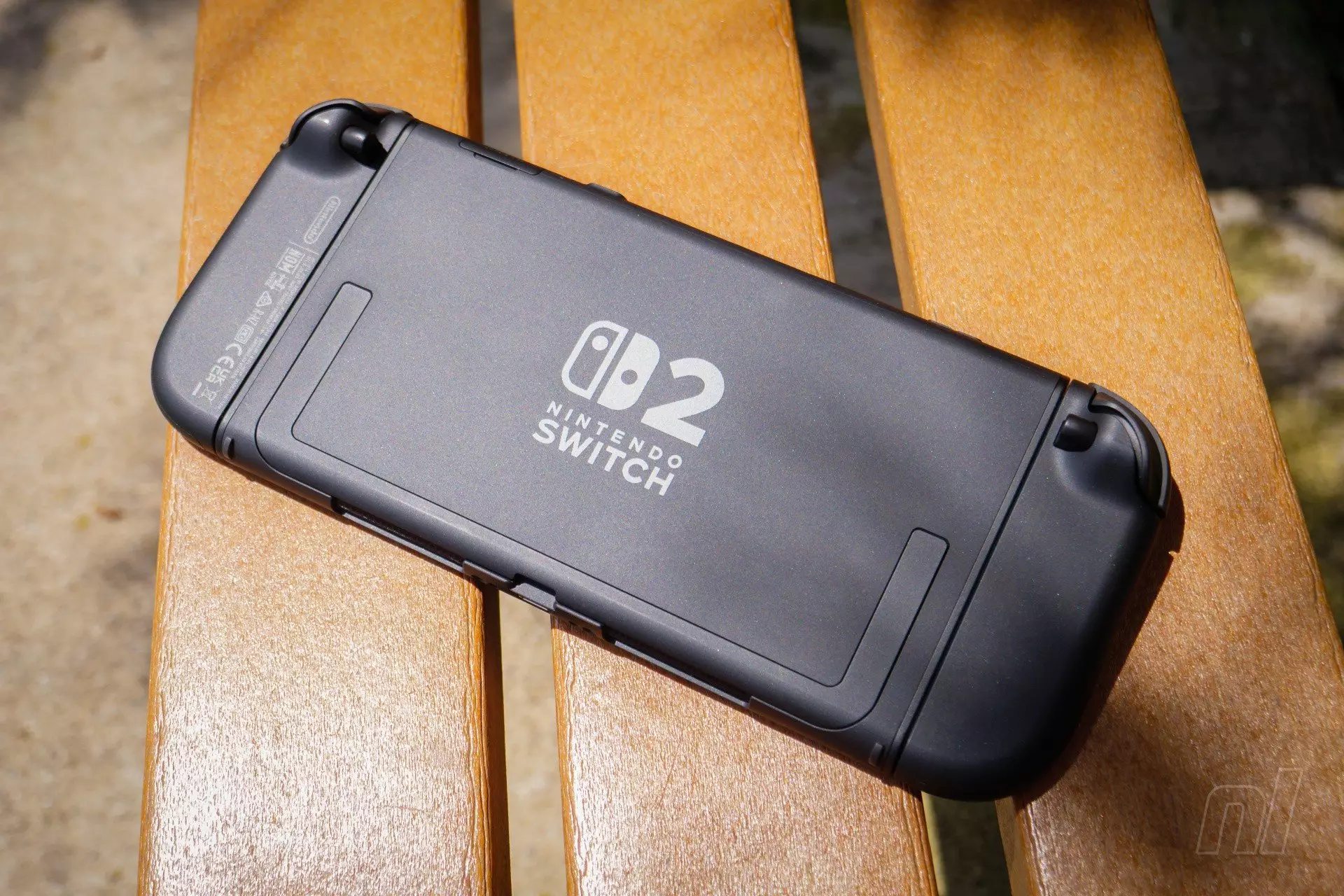In recent developments surrounding Nintendo’s latest hardware, a stark warning has emerged for consumers venturing into the secondhand market. The company’s intensified efforts to combat piracy and unauthorized game copies have extended beyond traditional measures, venturing into hardware bans that could inadvertently affect legitimate owners. This shift signals Nintendo’s unwavering commitment to protecting its intellectual property but raises questions about the fairness and practicality of such aggressive enforcement for everyday consumers. The core issue lies in how Nintendo’s systems now monitor and flag consoles based on software provenance—particularly when games or cartridges have a murky history, such as being ripped or used with flashcards by previous owners.
This crackdown is not merely a textbook enforcement of digital rights; it actively undermines the trust of honest consumers. A user who purchased a used Nintendo Switch 2, along with a legitimate game cartridge bought from a marketplace, found themselves unexpectedly cut off from online services after Nintendo linked their console to suspected piracy activity. The system monitored the unique keys associated with game cartridges, flagging anomalies that led to a console ban. In essence, Nintendo’s security measures are so vigilant that even innocent secondhand purchases can trigger undesirable consequences, especially if the prior owner altered or exploited the game data maliciously.
The Complexity of Ownership and Digital Rights
The nuances of digital ownership have never been clearer—or more contentious. When a game cartridge is previously used with a flashcard or hacked device, it creates a fragile digital footprint. If this history isn’t properly scrutinized, subsequent owners may unknowingly inherit the risks. In one case detailed by a Reddit user, buying a legitimate Switch 1 game on Facebook Marketplace resulted in a ban when the console detected the cartridge’s past misuse. Nintendo’s security system tracked the game’s unique key across multiple devices, interpreting this as suspicious activity. Despite the buyer’s innocent intent, the console was labeled a risk, leading to a temporary but frustrating ban on online features.
The process to reverse such bans is often tedious but not impossible. As recounted, some players found that engaging directly with Nintendo representatives—providing proof of legitimate purchase, chat logs, and even images—helped lift bans swiftly. This suggests an official leniency in certain cases, albeit coupled with a cumbersome verification process that could be intimidating or inconvenient for casual buyers. More importantly, it highlights that Nintendo’s approach isn’t solely about piracy—it’s also about controlling the secondary market and protecting their ecosystem from even the slightest misuse.
Implications for the Secondhand Gaming Market
The broader implications are stark. Nintendo’s policies effectively create a hostile environment for secondhand gaming enthusiasts—a demographic that relies heavily on affordable used titles. Prospective buyers now simultaneously navigate the gamble of whether a game or console has a troubled past and the risk of being banned post-purchase. The precautionary advice emerging from the community is to meticulously document every transaction with screenshots, receipts, and chat histories, transforming what was once a straightforward purchase into a digital paperwork marathon.
Furthermore, Nintendo’s crackdown signals a shift towards hardware-level monitoring far more invasive than before. The console’s ability to detect anomalies without direct user intervention raises concerns about whether legitimate owners could be caught in the crossfire of anti-piracy measures. Sentiment in the gaming community reflects a growing frustration: while protecting intellectual property is essential, the current methods risk alienating loyal consumers and hampering the vibrant secondhand market that many players depend on for affordability and access.
Nintendo’s intensified security measures represent a significant pivot in their approach to digital rights management. For consumers, especially those who buy used, this environment demands increased vigilance and preparedness. The challenge lies in balancing effective anti-piracy strategies without making the experience overly punitive for honest players who simply wish to enjoy their games without fear of unjust bans.


Leave a Reply